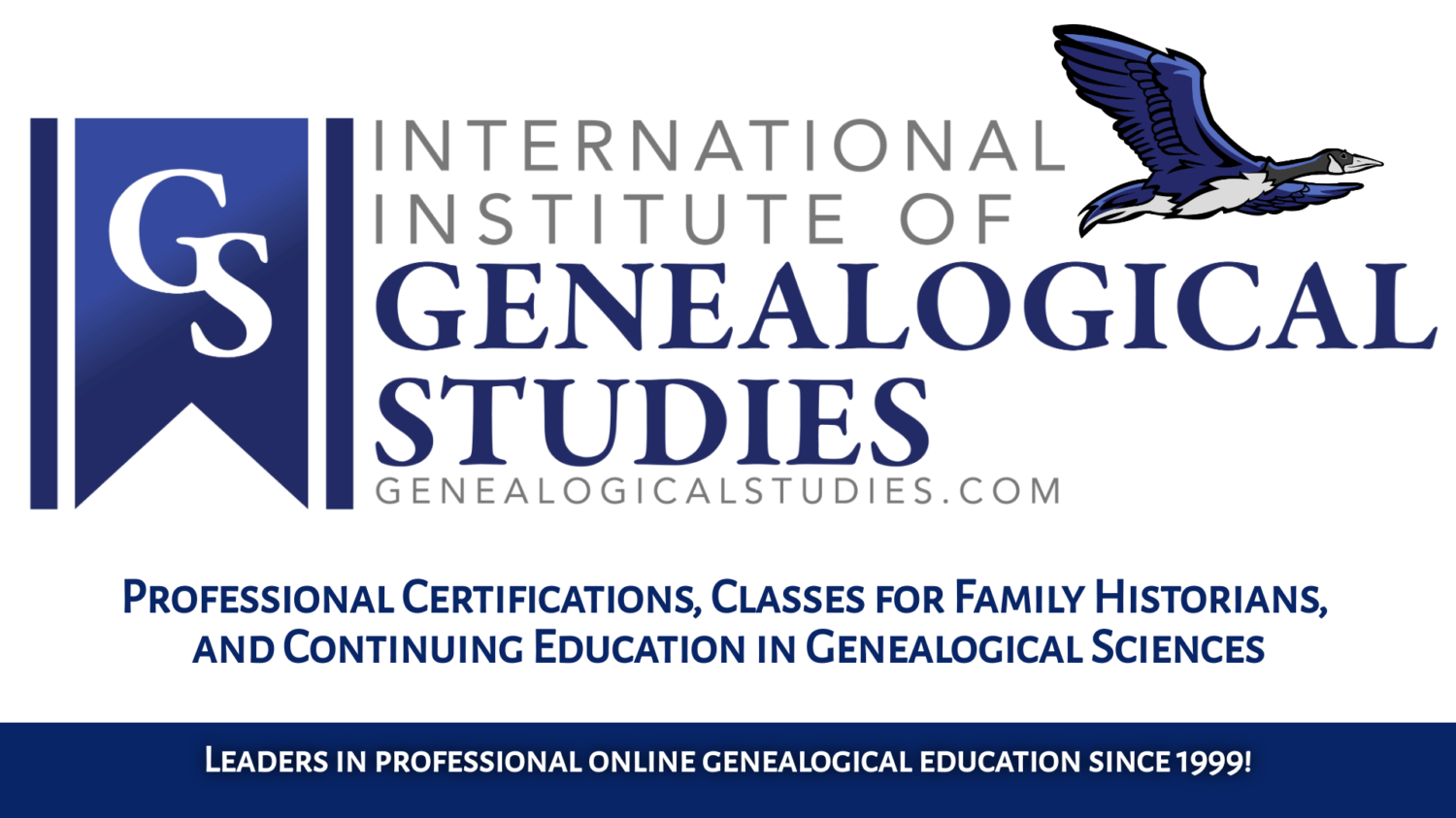By Shannon Bennett, Student
One of the main go-to sources for genealogical information in American research are the federal census records. Within the first few days or weeks of researching you will pointed to it and be immersed in the glory of all that data. However, unless you really dig into the census many people never uncover the real gems that are hidden just beneath the surface.
The course US: Census Records is a comprehensive look at the U.S. Census from 1790-1940. Glancing through the syllabus I know I will learn a lot even though I am pretty comfortable with using the census for my research.
The instructors, Scott Andrew Bartley and Beverly Rice, cover a lot of material in the various modules. At first it appeared daunting, particularly when I opened the binder section and saw the sheer amount of pages that were staring back at me. But, you know what, when you are talking over 15 censuses covered in one course, I guess that should be expected.
I am looking forward to learning more about the census history, why they did things, and what was discovered. Also, I am really excited to learn more about the other schedules. I have researched a little into other census schedules, like the 1890 veterans schedule, but I am not as comfortable with them as I would like to be. Hopefully, by the end of the course I will be comfortable the whole way around!
I was pleased to see that the instructors are going to touch on non-state censuses as well. I am particularly interested in the Colonial and Territorial censuses, but they are also going to address Native American census records as well. That information will be invaluable for anyone with Native American roots or colonial / explorer roots.
The last module will be on alternative and substitute records. I wonder if this is where we will get advice on where else to look for information in case the census you need is missing. Most people are familiar with record loss, particularly the loss of a majority of the 1890 U.S. Census to fire, and I am pleased to see the instructors intend to touch on alternative records. To me, the further you are from the date of creation for a record the more likely it is to be lost. I think knowing where to look for alternative information is part of being an investigator, and let’s face it, we are investigators!
Well, I’m off to start the course. See you online!


